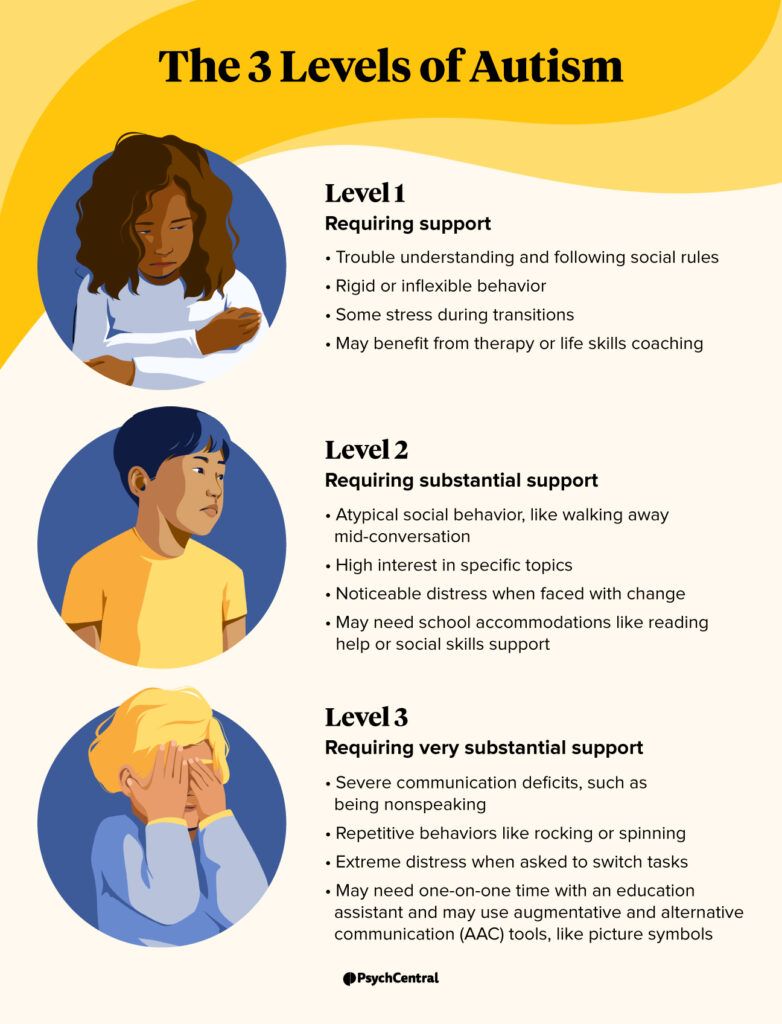Or: how I Double Dinosaur Hands my way through life. If you know, you know.
Autism, somehow, is equally misrepresented and underrepresented in media. While no group is a monolith and not all autistic people will feel the same about every autistic character (I, for example, actually enjoy and relate to Sheldon from the Big Bang Theory and Young Sheldon), we can all agree that there isn’t enough representation of the wide and variable spectrum that autism can be.
As an autistic person myself, my process in writing autistic characters is difficult to explain. As my neurotype is fundamentally different from allistic people (that is, those who are not autistic), so is my understanding of humanity and the individuals within it. This usually means that most every character I write has autistic traits, so I don’t really have to try to write an autistic character, but I’m going to attempt to lay out some of my process and beliefs for you all.
The Bare Bones
The first thing anyone should do when creating a character with a specific trait is, in my opinion, to just create the character. The most important thing about people is that they are people first and not just a handful of traits you want to represent.
Start with the same process you usually use in creating a character. How old are they? What do they look like? What is their background? Their relationships? Focus on making a character first. Then we can tweak to make the character autistic.
Basic Autistic Traits
The first thing to know about autistic people is that we usually have sensory issues. This can come in handy when developing your character’s likes and dislikes, as our sensory needs can play into shaping those things. For example, I HATE suede clothing and shoes. Touching it makes my skin crawl. On the other hand, I adore rainy weather because the sounds and smells are soothing to me.
So take a moment to think about your character’s sensory needs. Are they the kind of person who hates the bright lights in commercial buildings like shops? Do they hate parties beacuse of the crowds and loud noises or are they sensory-seeking and enjoy the input? Do they like metal music because of the complexity and catharsis or are they more partial to quiet, soothing ballads?
Similarly, autistic people usually have one or several Special Interests. These are the topics we fixate on and often can’t think about anything else. The stereotype of autistic people being obsessed with trains is an example of a special interest, but I would avoid that particular interest unless you are autistic yourself.
Special Interests can be as specific as, say, Doctor Who (one of mine) or as broad as a whole topic such as religion (another of mine) or mental illnesses (also one of mine). Usually we will find ourselves relating everything back to those interests in some way — for example, if someone mentions something they do that can be a symptom of a mental illness, I usually find myself thinking about that and analysing whether the person has other symptoms of that illness or if it overlaps with anything else.
Another way special interests can show themselves is in collecting merch (if I weren’t Poor I would have SO MUCH Doctor Who merchandise, and have collections of DW Annuals dating back to 2005), or researching extensively (the moment I see a word relating to a religion I don’t know about, I find myself researching it). You’ll often find autistic people blurting facts about their special interest that they were reminded of, even if the discussion was something entirely unrelated (if I had a penny for every time I said “FUN FACT!” out of nowhere, I’d be rich).
This doesn’t mean we’re experts in our field! A huge mistake that most people make when writing Autistic characters is to give them Savant Syndrome. While it’s true that there are autistic people who are uncannily skilled in a certain subject, the phenomena is far, far rarer than mainstream media would have you believe and is often used as a form of inspiration porn which is used to objectify and ‘other’ us as only useful so far as we can inspire able-bodied neurotypical people. Autistic people are people just as anyone else is. Our autism is not a superpower, it is a fundamental neurological difference with just as much diversity as any other neurotype.
If you wish to make your autistic character a ‘genius’ in some way, try making it clear that they still went through the same schooling as anyone else to learn those skills. Maybe you have an autistic professor — make them a little older. Maybe they took longer than most to get through their schooling despite picking up the information quickly, because their sensory needs were not being met by the school.
Alternatively, perhaps your autistic character really really loves flowers but doesn’t have the ability to retain all the factual information about them. They don’t know about individual species or their uses, or where they’re native to, or really anything, they just really. REALLY. Like flowers. They might be insecure about this, feel like they’re a fake or invalid flower-enthusiast because they’re more interested in the aesthetics than the information. Or they might not care, just want to see flowers on all their belongings.

Research and come to your own conclusions but please listen to autistic voices. and focus on making your character a person first and foremost.
The More Complex Details
This is where things get tough. While it’s easy to come up with a list of traits, how do we put them into practice? After all, it’s not the theory but the execution that writers tend to fall short on.
The main thing people tend to get wrong is an autistic person’s social difficulties. They assume we are all stiff, emotionless or downright cruel without realising. This is possibly one of the most harmful stereotypes of autism as not only does it harm those of us who do struggle with displaying emotion, but it also causes those of us who have learned to do so or are overemotive to be dismissed as “you don’t seem autistic”.
Autistic people are as diverse as any other group. While some of us do struggle with outward displays of emotion, others of as are too emotive compared to allistic people. Others of us have learned to ‘mask’ i.e. hide our autistic symptoms so you would barely even notice we’re autistic beyond being “slightly quirky”. Ultimately we’re individuals, as I keep saying, and can present in any way you could imagine.
The biggest advice I can give here is to watch videos by autistic creators, especially those who film ‘day in the life’ or somesuch videos. Observe how we talk, the differences in speech patterns and behaviour between low and high support needs autistics. Listen to the things we say are confusing or conflicts we get in often. Understand why those conflicts or confusions might happen.
Most of all, don’t use us as “the asshole” character or the “unintentionally funny” character. We’re tired of that shit.
Support Needs
If you know anything about the autistic community, you may have heard the term “support needs” thrown around. This describes the level of day to day support an autistic person needs in their daily life, as it is at its core a disability and not just a series of personality quirks. The term “support needs” replaces the previously used “functioning” labels which are an outdated and ableist categorisation.

While I’m not a huge fan of these categorisations as I feel they are an oversimplification that leads to a lot of autistic in-fighting (we’re very fond of our rules and categories and will often follow them to a fault, write that down!), it’s a good starting place to gain an understanding of how your character might behave and what they may need in their day to day life.
Remember that low support needs does not mean no support needs. All autistic people require some level of assistance or accommodation to get by in this society and should not be judged based on this.
Support needs include things like needing help with daily tasks such as hygeine or feeding yourself, help with communication, need for rigid structure or routine. These largely tie into executive dysfunction: a lack of ability to organise and execute tasks due to their effort or complexity. We might be able to perform the task if someone can walk us through it, or we might be entirely unable to do it even with instruction or help — we might just need someone to do it for us.
Final Notes and Further Reading
Ultimately, the advice for writing autistic folk is the same as anything else: research. You might find you’ve written a character already who is autistic-coded without realising! A lot of allistic writers do this when they write a “quirky” or “eccentric” character, because most people who the public view as “eccentric” are actually autistic themselves!
The Don’ts
That said, here are a couple of things to avoid:
Asperger Syndrome: An outdated term coined and named after a Nazi Eugenicist. No longer medically recognised.
Person-first Language: While not all autistic people feel the same, using person-first language (“People with autism” rather than “autistic people”) is generally a no-go as our autism is a part of our core identity, not just a “thing we have” that we can ignore. Goes hand in hand with “don’t let your autism define you”. It literally defines our entire life experience.
Autism Speaks: A “charity” which is considered by most autistic people to be a hate group who focus all of their resources on “curing” autism and have historically demonised autism, causing a lot of the popular misconceptions of autism to this day. Read more about the controversy here.
Read More
For more information on autistic people, writing autistic characters, and other challenges associated with autism, here are a list of resources for you to check out:
The Autistic Self-Advocacy Network are a charity focused on self-advocacy and disability rights. Their motto is “Nothing About Us, Without Us” which I think is a perfect summary of how autistic people should be treated.
Chloé Hayden is an autistic actress known for starring in the Netflix show Heartbreak High, which contains excellent autistic representation from what I’ve seen. She makes a lot of content about autism but also just lifestyle vlogs so you get a look at many aspects of an autistic person’s life.
I’m Autistic, Now What? is a great YouTube channel run by an autistic person who goes through a lot of misconceptions, trends and information to do with autism. A great place to learn if you want an autistic perspective in video format.
This article goes into more detail about things I did not, including how to write Autistic Meltdowns and intersectionality. I don’t agree with everything they have written (such as their point about having to know a huge deal about the autistic person’s special interest to be able to write them, although I agree it’s a good rule to follow) but again, autistic people are not a monolith and you will have to draw your own conclusions in some places.
